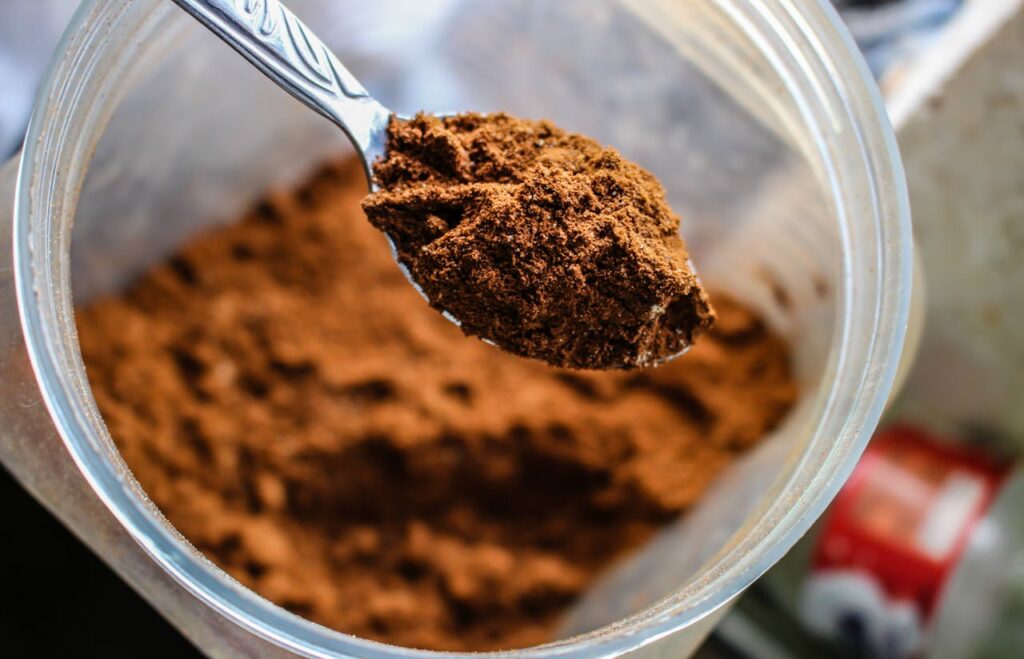
The popularity of plant-based protein powders is soaring, with the market valued at over $5.3 billion and projected to reach $10.6 billion in the next decade, according to Future Market Insights. However, recent findings from Consumer Reports raise concerns regarding the safety of these products, particularly regarding their heavy metal content.
Consumer Reports tested 23 different protein powders and shakes, revealing that many contained levels of heavy metals exceeding safe limits. Alarmingly, over two-thirds of the products tested had lead levels greater than the daily safe limit of 0.5 micrograms, as determined by experts from Consumer Reports. Some products also showed traces of cadmium and inorganic arsenic, with plant-based protein powders averaging nine times more lead than other types.
Rising Concerns Over Heavy Metal Contamination
The levels of lead found in protein powders have reportedly increased since the last round of testing conducted by Consumer Reports 15 years ago. This trend mirrors findings from a Clean Label Project study earlier this year, which similarly highlighted elevated heavy metal levels in various protein powders.
While it may be tempting to panic, experts advise moderation. “Many of these powders are fine to have occasionally,” the report stated. It emphasizes that even those with the highest lead levels are significantly below concentrations that would cause immediate harm. However, ongoing exposure to lead can lead to serious health issues, including reproductive problems, immune suppression, and kidney damage.
Dietitian and medical exercise specialist Jennifer Scherer noted that chronic exposure can especially lead to neurological issues. Experts from Consumer Reports echoed this sentiment, highlighting that while the risk is low, small amounts of lead can accumulate in the body over time.
Recommendations for Protein Intake
Given these findings, experts recommend against the daily use of protein powders. Tunde Akinleye, a food safety researcher and chemist, stated, “We advise against daily use for most protein powders, since many have high levels of heavy metals and none are necessary to hit your protein goals.”
For those looking to boost their protein intake without relying on powders, whole food sources such as tofu, tempeh, and beans are excellent alternatives. This approach not only minimizes exposure to heavy metals but also supports a balanced diet.
As the plant-based protein powder market continues to grow, consumers are encouraged to be vigilant about their choices and consider safer, whole food options for their nutritional needs.






